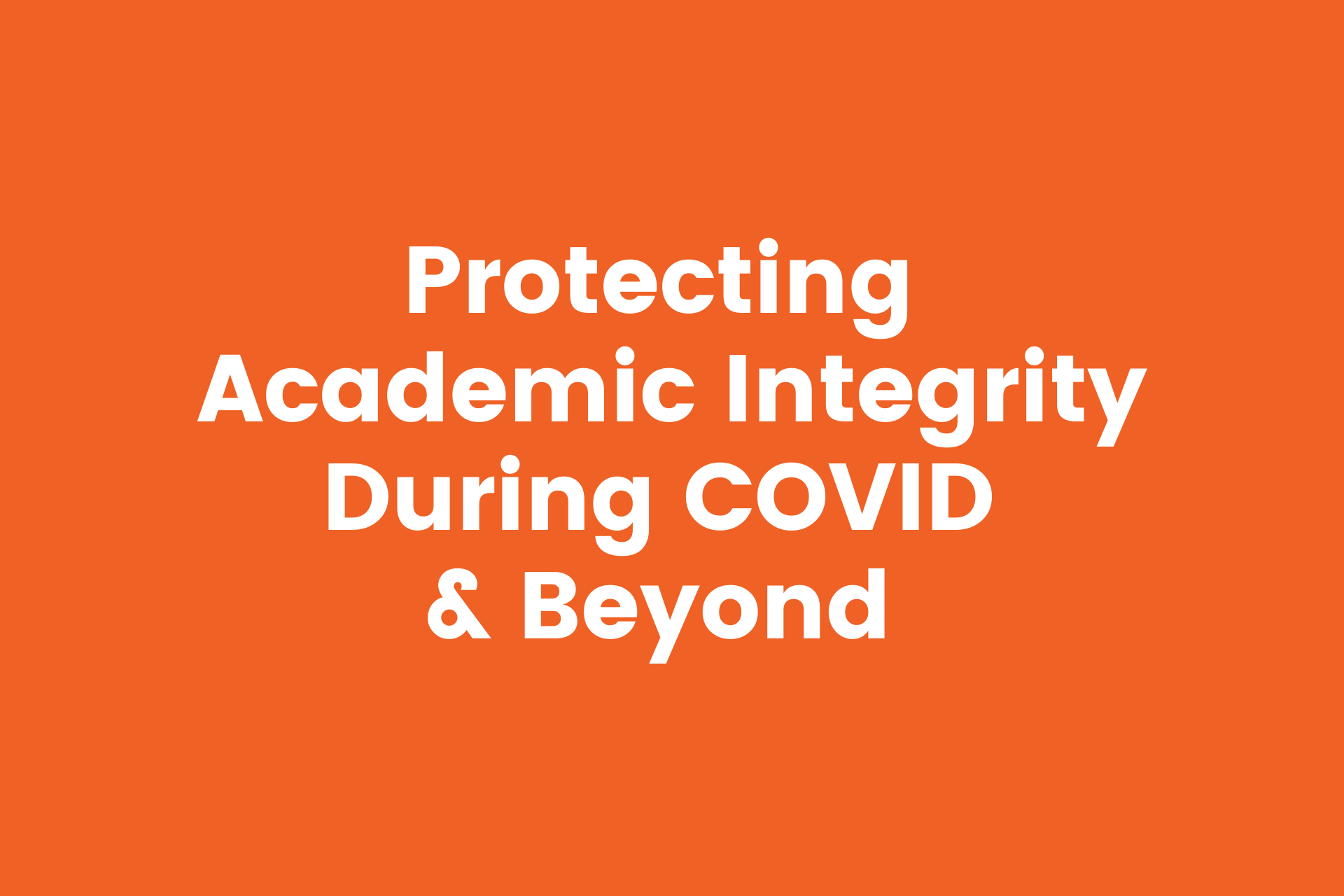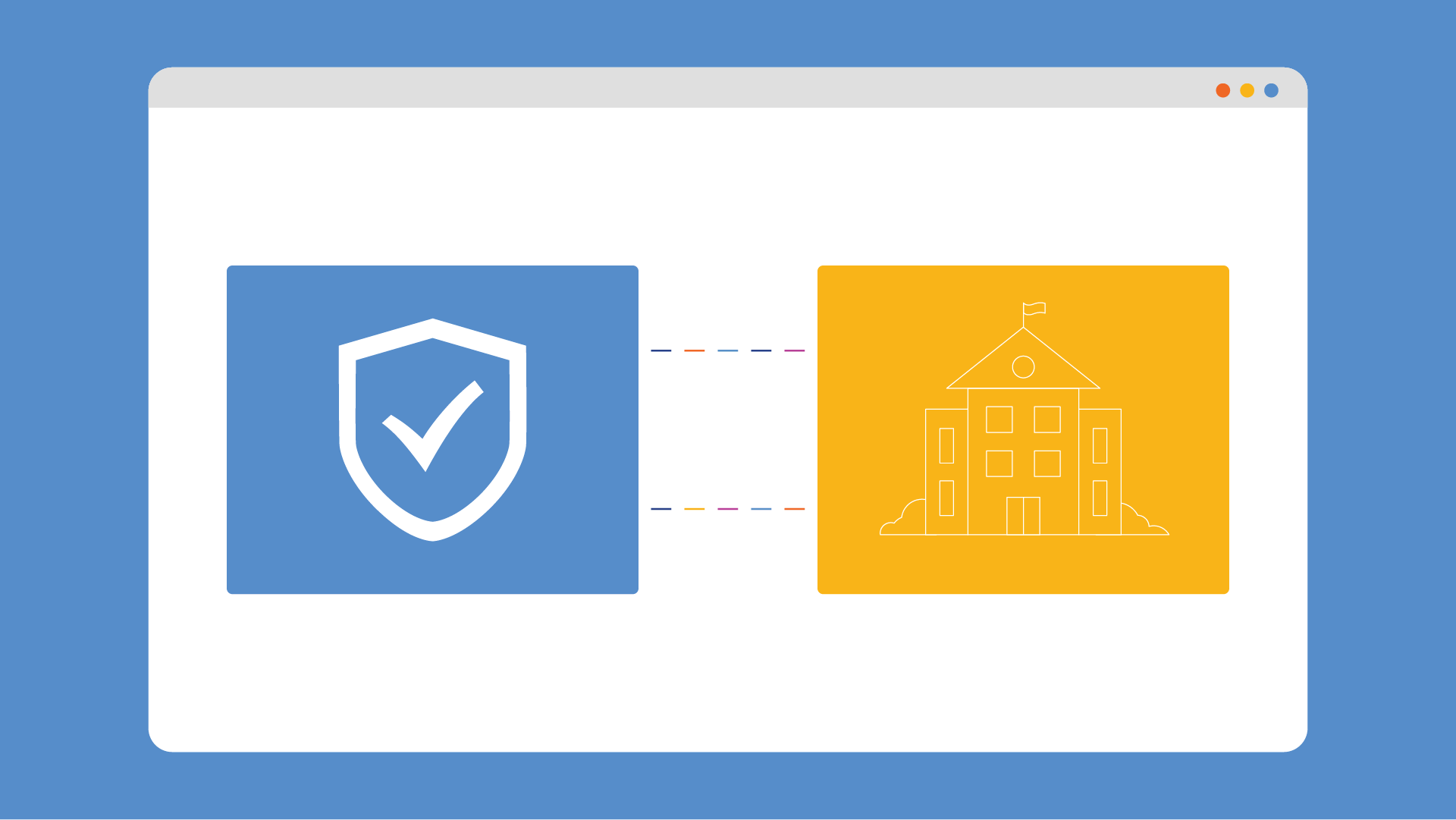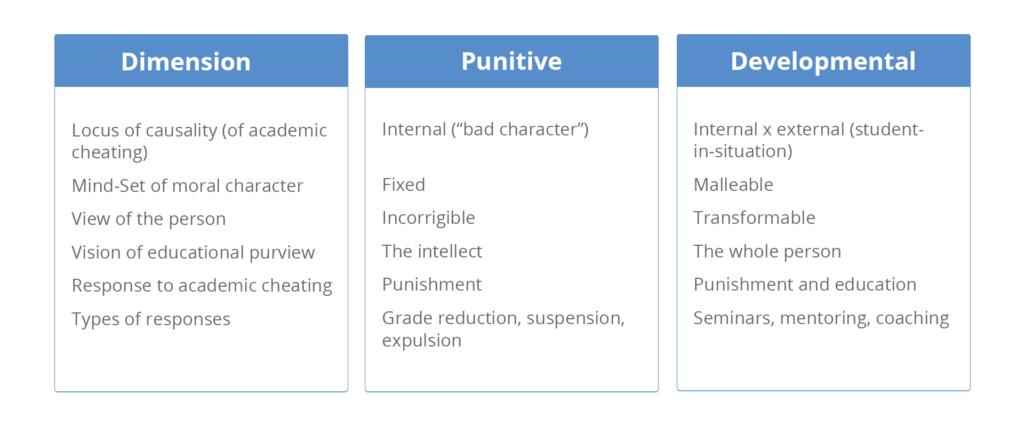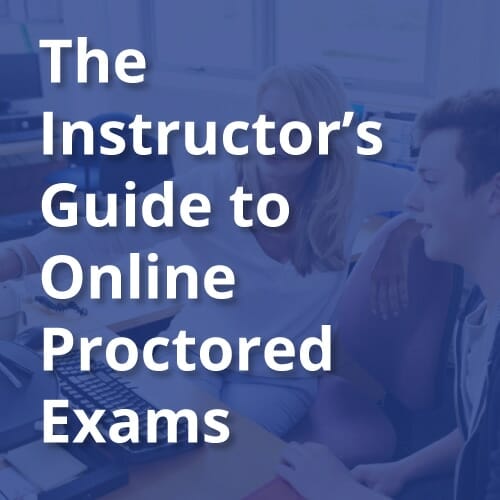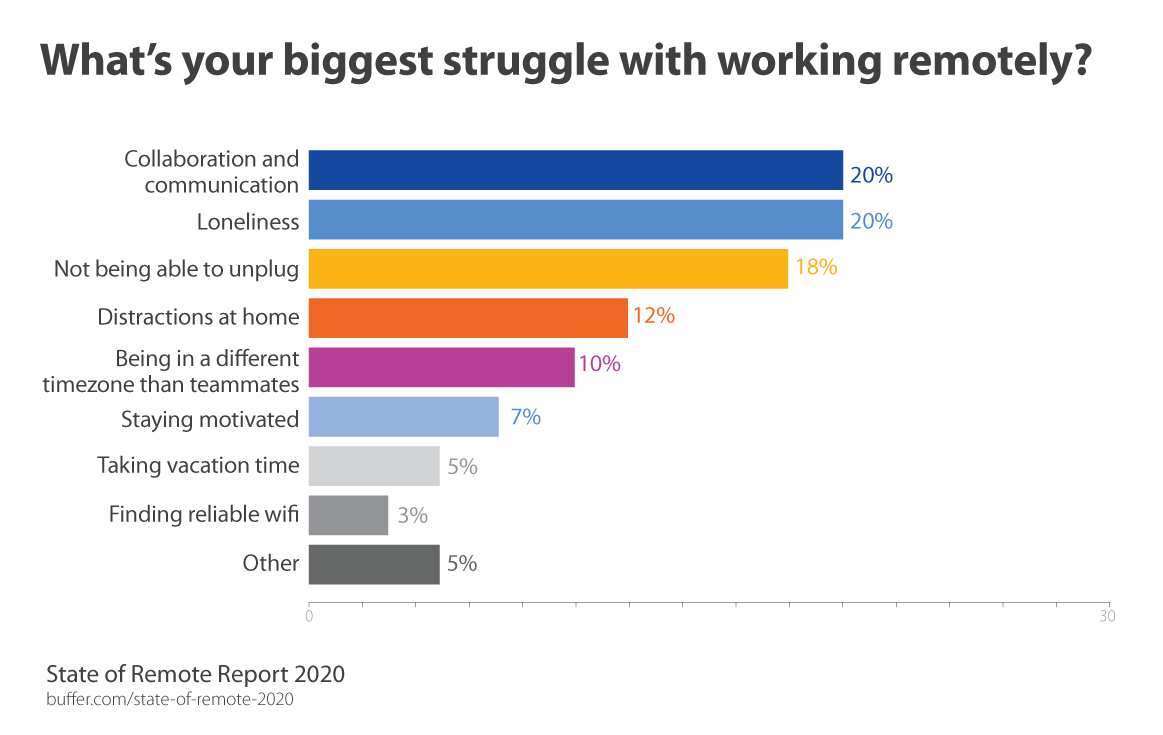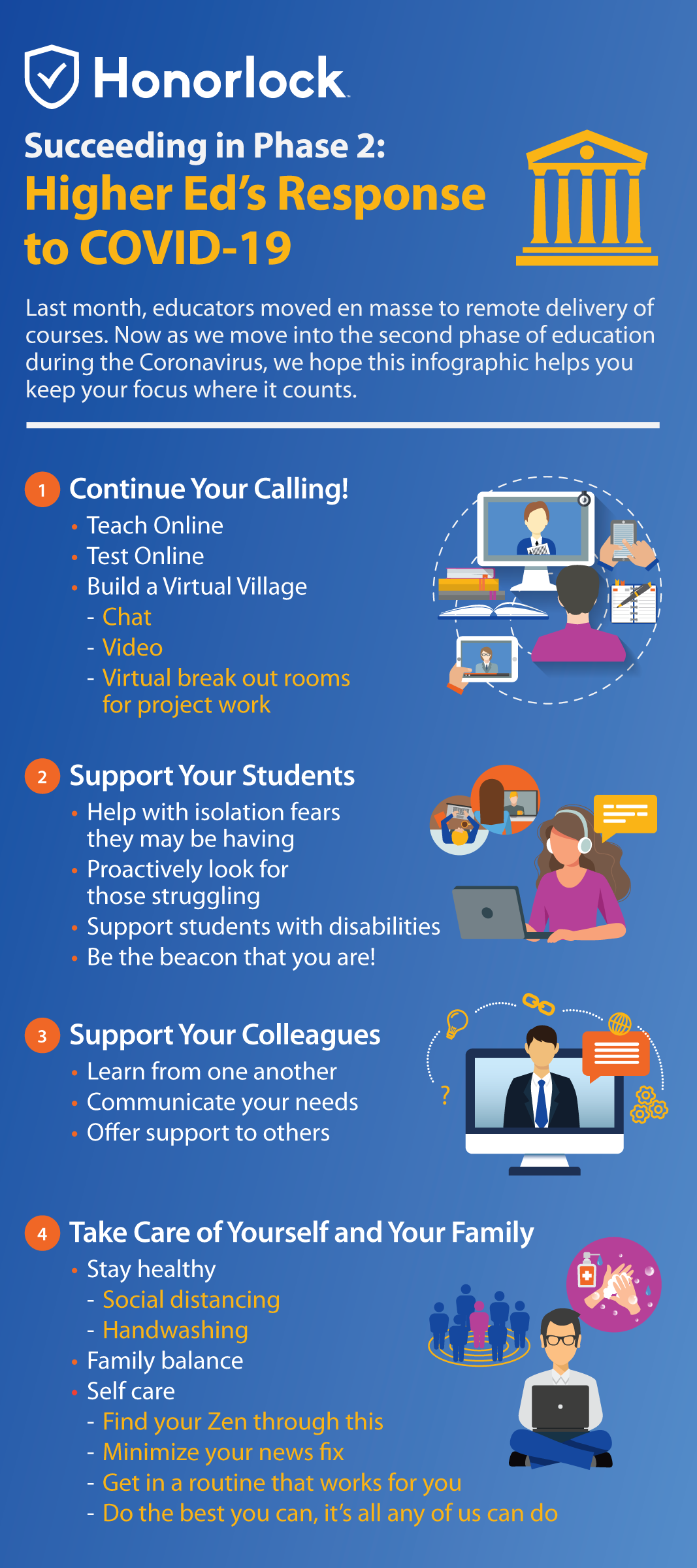Yet again, universities and colleges are adjusting plans because of COVID. With growing concerns about the Omicron variant, some institutions are delaying the semester start date, others are implementing vaccine mandates, and many are moving to a blended or online learning format.
“It’s a difficult time for colleges and these are difficult decisions… Universities and colleges need to ask, what is going to be our reality moving forward?… We have to accept how are we going to live with this virus in our environment.” – Dr. Robert Quigley, Senior Vice President and Global Medical Director at International SOS, said in an interview with University Business
Students want flexible learning options
While the future is uncertain, one thing is clear: online learning is here to stay.
In fact, a recent survey showed that since the COVID-19 pandemic started, about 73% of students indicated that they would like to take fully online courses or a combination of in-person and online learning.
Protecting academic integrity in online education during COVID and beyond
Online courses are great because they provide convenience for students and still allow high levels of engagement.
But, many struggle with how to best protect academic integrity in online education and during exams.
Historically, some use browser lockdown software as a tool for preventing academic dishonesty. But it often doesn’t cut it because it’s easy to beat and an academic integrity policy is just a formality for some students.
So, how can instructors administer online exams with confidence that they’re protected from academic dishonesty? Remote proctoring.
What is remote proctoring?
Remote proctoring, sometimes called online proctoring, uses software and/or services to monitor student behavior during online exams to deter, prevent, and identify cheating and to help students complete their exams.
What are the types of remote proctoring?
There are four primary types of remote proctoring:
- Browser lockdown software: generic software that can prevent students from accessing other browsers
- Live proctoring: a live remote proctor watches multiple students at once
- Automated/AI proctoring: no live remote proctor is present & it only uses AI software to monitor student behavior during the online exam
- Blended remote proctoring: AI proctoring software monitors student behavior and alerts a live remote proctor if any issues are detected
What are common remote proctoring features and how do proctored exams work?
There are common remote proctoring features such as:
- Video monitoring
- Voice detection
- Browser lockdown software
- ID verification
Depending on the proctoring software’s LMS integration, it’s a pretty similar experience for students and instructors. Instructors create exams in the LMS like they already do and then pick and choose which proctoring features to use depending on their needs. Students simply log into the LMS and then before verify their ID and begin the proctored exam.
Other remote proctoring features needed to protect exams
In addition to the common features listed above, there are additional remote proctoring features that Honorlock provides for instructors to protect academic integrity in online education during their exams.
Detect cell phones and other devices
Most students have cell phones or another device which makes it easy for them to look up your test questions during the proctored exam.
Some online proctoring services may have “cell phone detection” but that can just mean that a live proctor is watching the student and sees a cell phone in view.
What if the student used their cell phone out of view?
Honorlock’s advanced proctoring software can detect when a student attempts to access test bank content using a cell phone, tablet, or laptop during the online proctored assessment
Learn more about how Honorlock can detect cell phone use
A blend of AI software and live remote proctors
Honorlock was the first proctoring service to blend the benefits of AI proctoring with live remote proctors. The AI software monitors the student for potential dishonesty and alerts a remote live proctor to join the student’s exam session in real-time to address any issues.
Smart voice detection
Most proctoring services offer audio recording but Honorlock’s smart voice detection goes above and beyond by listening for specific keywords or phrases, such as “Hey Siri” while still allowing students who like to read out loud the ability to do so without being flagged.
Identify leaked exam questions and take action
Faculty spend a lot of time creating quality exam content, but it’s pretty easy for students to find and share the content on the internet if the right software isn’t in place.
Honorlock’s Search & Destroy™ technology searches the internet to identify exam questions that have been shared online and if leaked exam questions are found, instructors are given simple steps to take control of their exams’ integrity like sending content takedown requests when applicable and updating exam questions.
Implement Honorlock remote proctoring in two days
Just like the many higher education institutions we helped when the COVID-19 pandemic started in 2020, we’re ready to help your institution quickly implement remote proctoring in response to the Omicron variant.
We streamline the implementation process and can get your institution ready to proctor online exams in about two days. And to ensure that your faculty are confident and prepared, we provide support during and after the implementation as well as ongoing training resources.
Hear from two schools we’ve helped since COVID-19 started
University of Florida

“As challenging as the remote learning situation has been for the university, there have been many silver linings for us. A partnership with Honorlock has been one of them. We had not planned in our budget for any way to pay for this, so we had to find the funds and not put it on the backs of students, and they were able to make it work for us.” – Brian Marchman, Director of Distance Learning & Continuing Education
Broward College
“The pandemic has brought many challenges to Broward College. Having to quickly scale our courses to a remote format has not been an easy task… Honorlock has provided excellent support in scaling our needs and meeting our requirements for faculty training. They have been an excellent partner due to their open communication, privacy policies, and the implementation of their state-of-the-art technology. It has been an affordable and reliable solution.” – Nestor Pereira, Dean, Business Affairs


